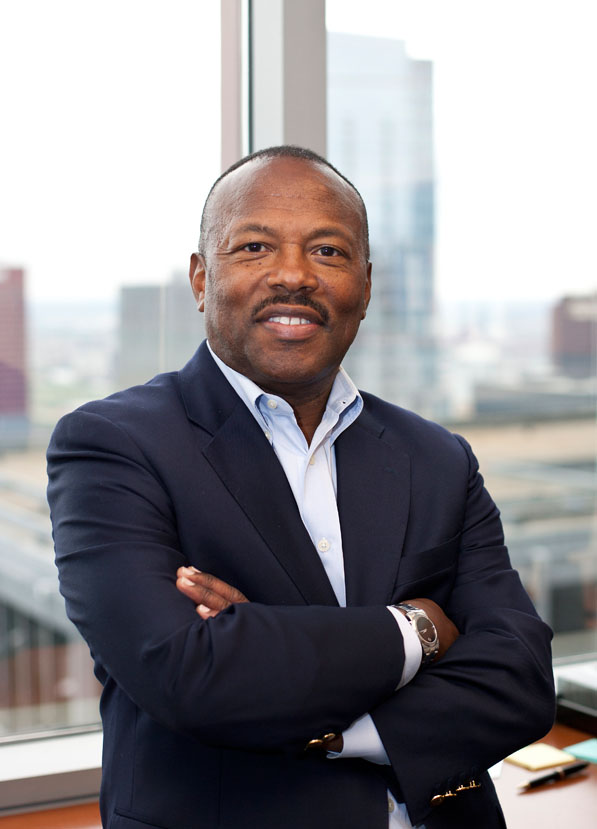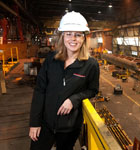
Hill-Rom Holdings, Inc. has built a culture around its corporate mission statement: “Every day, around the world, we enhance outcomes for our patients and their caregivers.” Employees are proud to work for Hill-Rom because the company improves the lives of people with the medical devices it makes.
Mike Oliver, senior vice president and chief human resources officer, suggests that one of the things that keeps employees at Hill-Rom is the nature of the product. “I’ve worked for a number of companies as the head of HR or in other HR functions,” he says. “When I was considering joining this company, and in doing my due diligence, I went through the Customer Experience Center and realized all of the things that we do to enhance the outcomes of patients and their caregivers—I was sold.”
Hill-Rom has a history of more than 80 years of innovation, providing solutions to enhance the lives of patients and those caring for them with equipment such as beds, lifting devices, respiratory apparatuses, and software for monitoring. The
company grew from a small-town business to a
true global organization.
Just like any large company, Hill-Rom has a competitive and comprehensive total-rewards program to retain the approximately 6,000 people that work for the medical-technology provider. While the benefits, salary, and bonuses are in line with others in the industry, it’s what Hill-Rom does in the community that gets rave reviews. The company’s Hospital Beds for Humanity program allows employees to get involved in putting together beds that are then shipped to developing countries and other areas that are in need of these beds. “It is a voluntary program, but we have tremendous employee participation,” Oliver says.
In the middle of the economic downturn, Hill-Rom made a statement about the value it places on its employees by constructing a new facility. “Hill-Rom built an employee center as a place for our employees not only to eat, but as a less formal setting for meetings, as well as to get to know each other better,” Oliver says.
In January 2010, John Greisch joined Hill-Rom as president and CEO. Greisch not only brought his health-care experience, but he also brought a belief that has permeated throughout the organization: “He is accelerating the mindset that people are empowered to make good decisions for the business,” Oliver says.
Greisch is also driving the talent agenda. “He realizes that we need to have top talent in key roles in order for us to meet our business objectives,” Oliver says. “It’s about anticipating the talent requirements for the business in the next 18–24 months and beyond.”
Oliver believes successful HR professionals implement the tools, provide a voice, and assist executives in developing their workforce. This strategy comes from asking the questions “What’s going on in your business?” and “What are the human-resources implications?” Oliver feels tasks such as skills development and designing new programs should be in response to business dynamics. “If we can’t draw a connection between what we are doing and what’s going on in the business, then we really have to question the value of what we are doing,” he says. “It’s about solutions, not pushing out programs.”
For Oliver, HR decisions should be fair. HR professionals are often tasked with managing change. “It is [about] being able to articulate where we are going and why we are going there,” Oliver says. “It is more than just explaining a policy—it is the reasons behind the policy or the change.” To create a unified front, he encourages his HR team to be closely aligned and spend time with the groups they support.
Standing in front of an anxious group of employees can be intimidating—sharing changes in the market, or other things happening in the industry—but Hill-Rom feels its employees deserve an explanation behind any changes. Policies, just like rules, sometimes have a little flexibility. “I would never stand behind a policy and say we can’t do that because there is a policy, and I would want my team to explain why adhering to a particular policy, or not changing the policy with a particular incident, is the right thing to do,” Oliver says.

